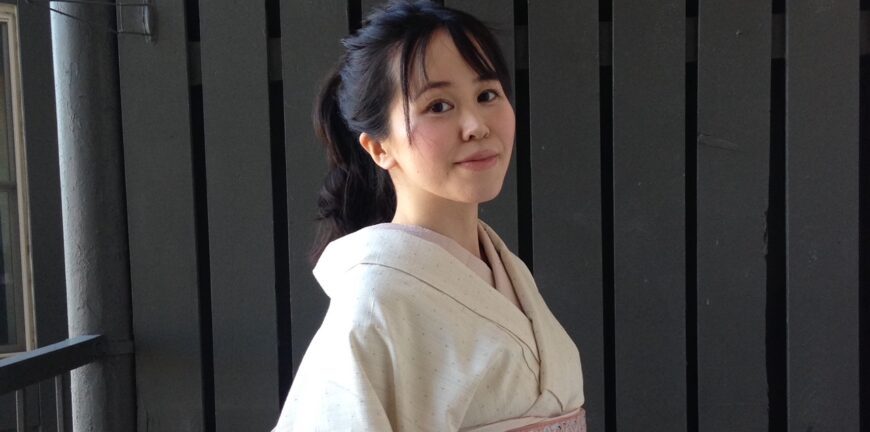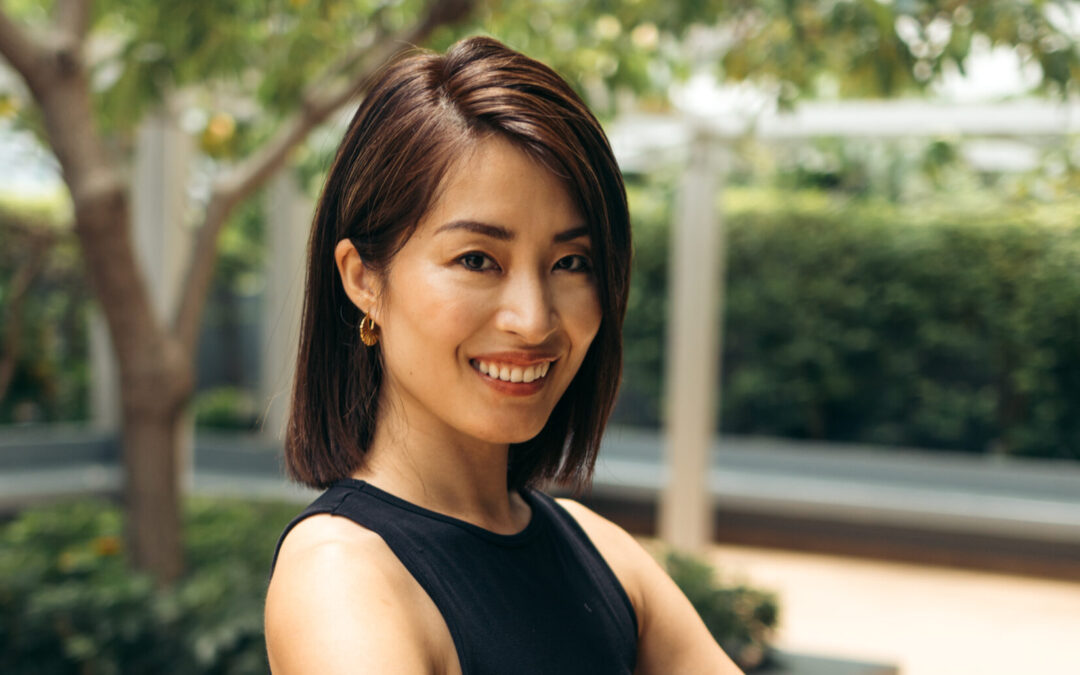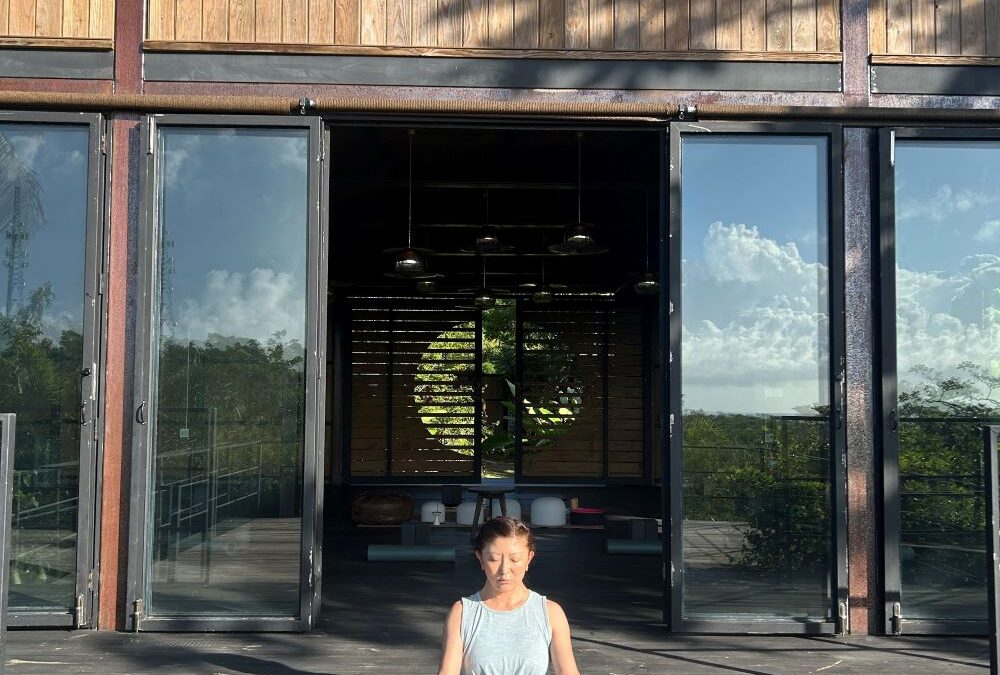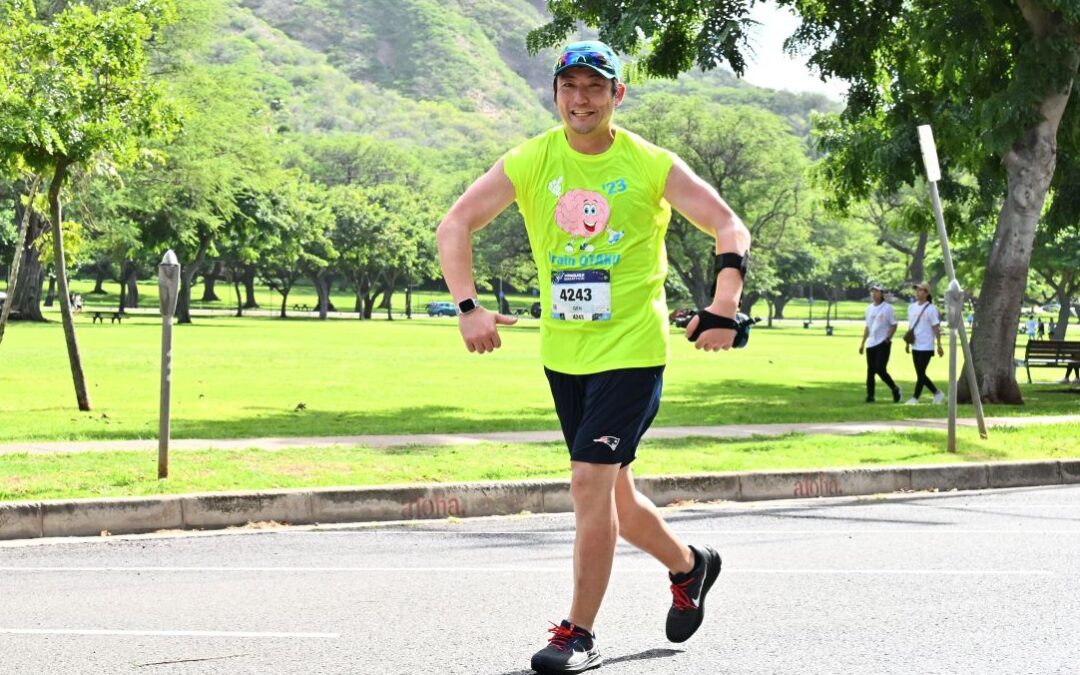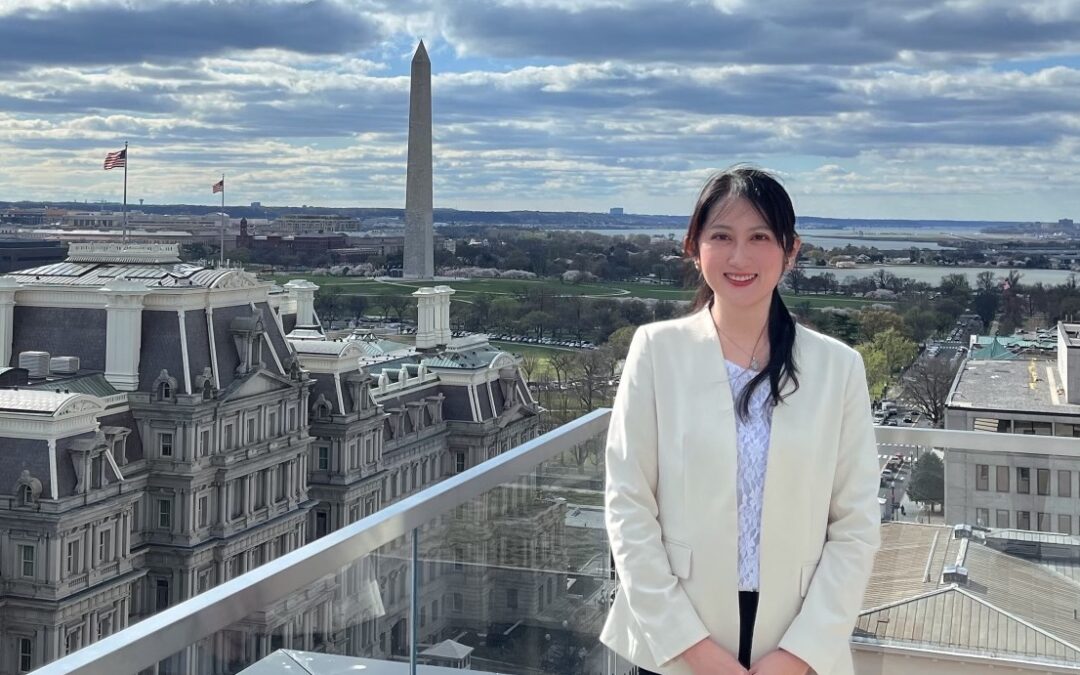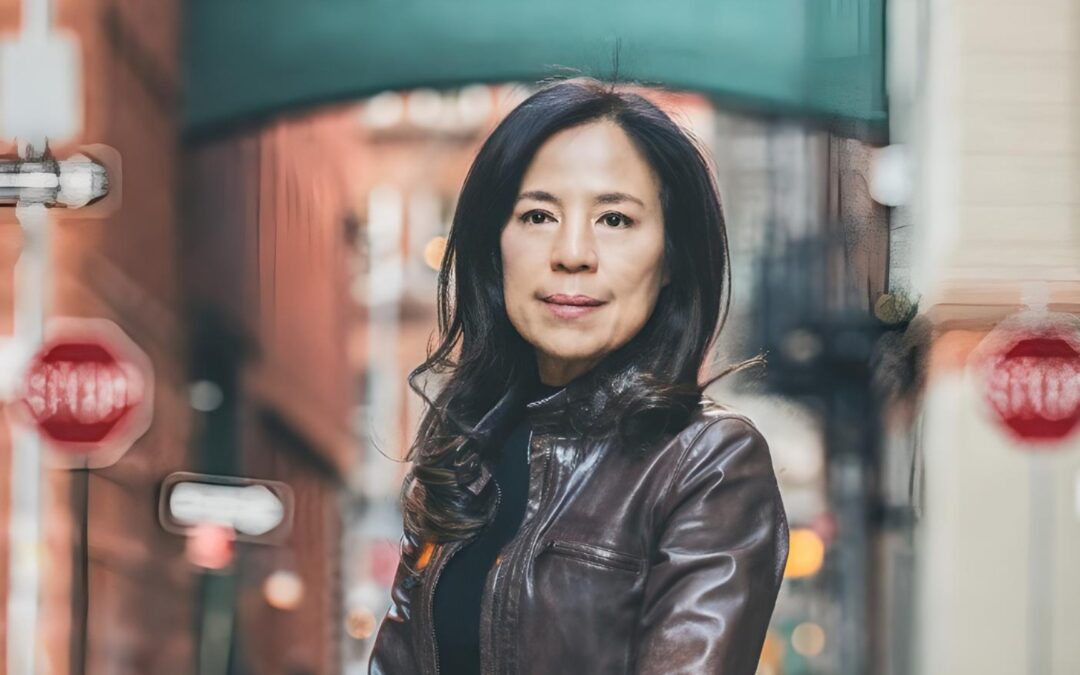This time we interviewed Yuka Semaya, who manages a kimono shop in Washington DC.
1. Please tell us about your journey coming to the United States.
In January 2018, I came to Washington DC to accompany my husband, who had changed jobs. For the first six months I had a hard time because I couldn't speak English at all. When I first moved in I was constantly busy dealing with repairs to the house. When my husband was away at work, I often had to deal with things in English by myself, and everytime I was depressed because I couldn't communicate well. It was really difficult at that time because I couldn't even make acquaintances.
2. After those difficult times, you are now running a kimono dressing class. How did you get on that path?
Influenced by my husband who works in international development and works to improve society, I always wondered what kind of contribution I could make to society. When I was looking for something I could participate in even without being good at English, I came across a nonprofit called "Table for Two" where volunteers run a food education program. I started out as a volunteer and later worked as an assistant. It may be because I was working with children, but I could enjoy participating in the activities without being embarrassed about my English ability. At that time I had an opportunity to teach my husband's colleagues and some friends how to wear kimono. At that time one of the participants said, "There are so many people who want to learn how to wear kimono, why don't you start a business [teaching it]?" So that's how I started the kimono dressing class
3. You learned how to dress people in kimono in Japan before you came to the US, correct?
Yes. My mother and aunt are Japanese dressmakers, I've been familiar with kimono since my childhood. Since I grew up in that environment, I naturally wanted to learn how to wear kimono properly, and while I was working in Japan I started attending a kimono dressing school. I didn't want to become a kimono teacher initially, but I wanted to do my best in my studies so I chose a course that offered the widest range of learning. That course just happened to be the kimono teacher training course. That school had a partnership with wedding halls, hotels, and beauty salons, and dispatched graduates who acquired certain certifications as dressmakers in those places. After I got my certification as a kimono dresser, I worked weekdays at a general company and worked as a kimono dresser on the weekend.
4. When it comes to kimono dressing, which aspects are the most enjoyable? Conversely, which aspects are the most difficult?
It’s fun to be able to provide opportunities to wear kimono to people who live in the US and want to cherish traditional Japanese events and learn how to wear kimono on their own. It brings me so much joy. I can’t think of too many difficult things, but if I had to choose, it was when I first started this business and it was confusing to do everything by myself. In Japan we often work in pairs. Nevertheless, I was able to get used to working alone relatively quickly. This was thanks to my experience as a kimono dresser in Japan. Furthermore, the more experience I accumulate, the more I can adapt to any situation, and those are the times when I feel like I've matured.
5. Do you have any dreams or goals for the future?
I think what I will do will change depending on where my husband is transferred, but I would like to continue doing my kimono-related activities wherever I go. I would like to create a system where non-Japanese people who are interested in Japanese culture can easily try on kimonos, not just kimono lessons for local Japanese people. I want to contribute to Japanese culture by passing on the culture of wearing kimono.
6. Do you have a message for Japanese women who are confused about what they want to do in the US?
There are various situations; people who plan to live in the US permanently or those who will live in the US for a limited time, but when I see people working locally and energetically mobilizing, I also have to do something though there is no need to rush. I think you should get rid of the idea that you have to do something a particular way just because others are doing it that way and just do what you want to do.
When I first came to the US, my husband's work acquaintances would ask "Yuka, what kind of work do you do?" At the time I was impatient with myself and felt pressured because I wasn't working or anything. I thought I was useless because I wasn't doing anything. That haze gradually cleared up through volunteering and kimono-dressing classes, but if I could speak to myself at that time I would say, "Although you're not working, you’re doing your best studying English" or "Enjoying American culture is great." I would find confidence in telling people this honestly. Find something you enjoy and go for it. Now I think that everything is a part of your experience so you can do things without getting overwhelmed.
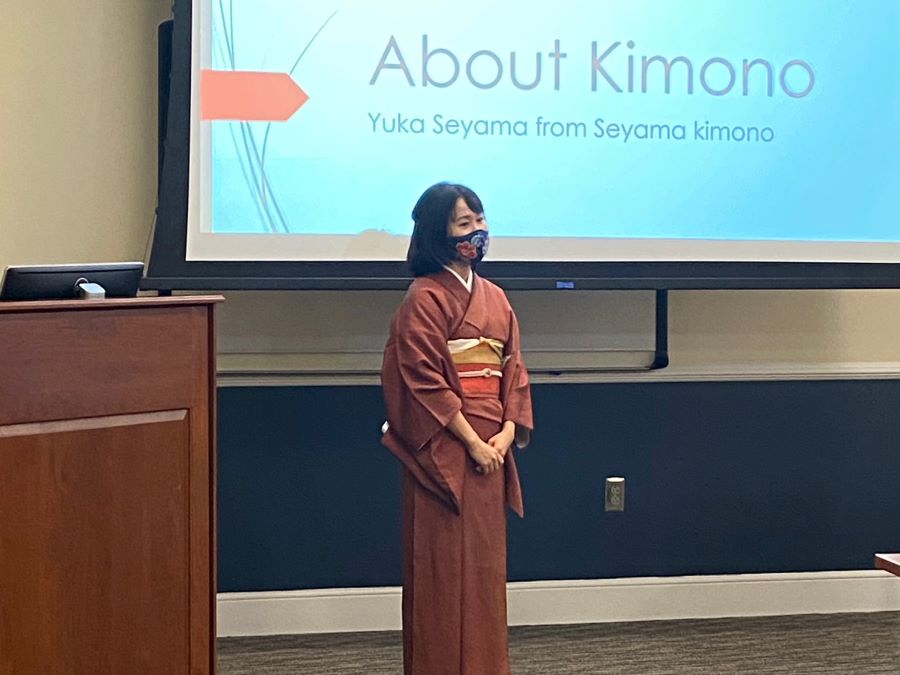
Seyama Kimono
Website:https://seyama-kimono.localinfo.jp/
Instagram:
★ Interviewer's note
During the interview I could feel Mrs. Seyama's passion for teaching Japanese culture through kimono. When I saw her Instagram, I saw the wonderful smiles of everyone wearing kimono, and I felt happy and warm. When I first came to the US, she told me to "just enjoy what you honestly like. Don't rush," which left a strong impression on me. It's often the case that what may seem like a detour at first glance is actually a shortcut in the long run. Even if it's not a shortcut, aren't the days when you face yourself through trial and error an important source of sustenance for finding the best way to work and live for yourself?
Also, even though it is difficult to set up a future career path due to her husband's work, Mrs. Seyama's positive attitude to "find what I can do at that time and place" encouraged me.

